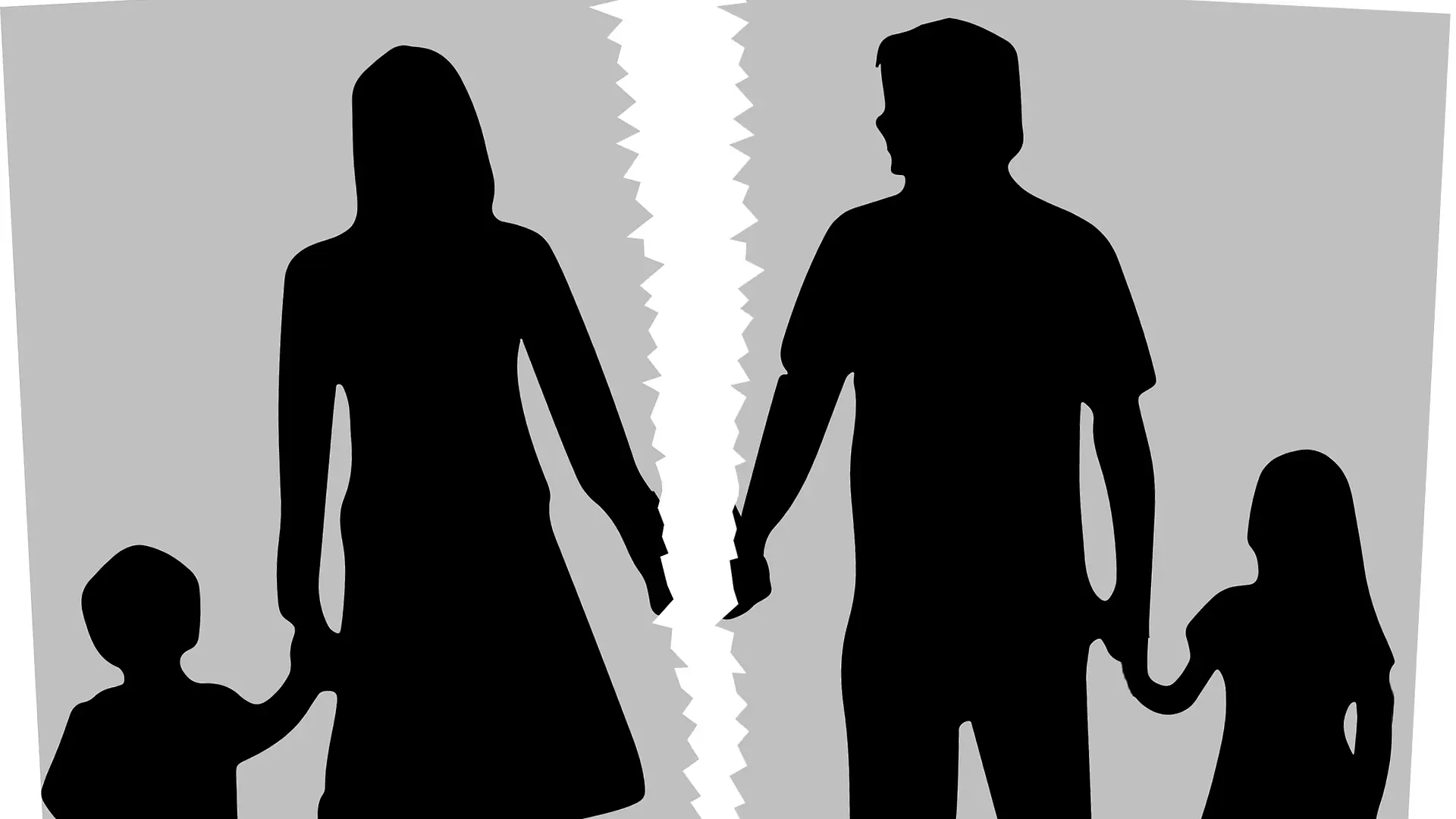Loss of Residential Custody
On a regular basis, I have parents coming to my office in distress because they’ve lost residential custody of their children. The following is a fairly common scenario:
Mom, who is loving, kind and currently has “residential custody” (Mom’s house is primary residence for the children), suddenly finds herself struggling with employment and is having a hard time feeding the kids and keeping a roof over their heads. There is no formal custody agreement between Mom and Dad but they both verbally agree that it would be in the children’s best interest if the children went to live with Dad until Mom gets back on her feet.
Now, while Dad has the kids, he has to handle basic day-to-day tasks and may need special services that require some sort of court order designating him as the parent with residential custody. So, Mom and Dad go to court without representation and ask the judge to formally change residential custody from Mom to Dad. Assuming there are no major issues or disagreements, the Judge grants the parties’ request. Mom and Dad walk away happy and assume that the kids will go back to Mom when things get back to normal.
Ready to Come Back Home
As time goes by, Mom finds some work but it’s not steady, and she is still having a hard time finding a permanent place to live. Mom goes through a few jobs and a few different apartments and eventually finds a decent job and a place to live. Mom is now ready for the children to come back home. Unfortunately, Dad, for whatever reason, doesn’t approve of Mom’s new living arrangements and refuses to give the children back.
Mom and Dad go back to court, again without legal representation, and plead their cases. Mom tells the judge she is a good parent that simply fell upon hard times and that things are improving for her. Dad disagrees with Mom’s version of events and tells the court that in the past, Mom has moved from job to job and apartment to apartment. Dad then tells the court that he is more stable than Mom because he’s lived in the same place and had the same job for many years.

No Change in Circumstances
The Judge listens carefully to both sides and then utters four words: “No change in circumstances.” And just like that, Mom, who has done nothing wrong other than fall upon hard financial times, loses residential custody and is forced to settle for parenting time (visitation) that consists of every other weekend and one day a week for two hours.
So, what just happened?
In the State of New Jersey, if you want to make any changes to a custody agreement and the other party doesn’t agree, you have to prove to a family court judge that there has been a “material change in circumstance” that will harm the welfare of your child. If you can’t prove your case, you lose.
A material change in circumstances is a change to the current arrangement that is so significant, it no longer represents what’s in the best interests of the child. And when the courts refer to “child welfare,” they’re talking about the physical and emotional health, safety and happiness of the child. Examples of “material changes in circumstance” include:
- Parent or legal guardian experiences significant health problems;
- Parent or legal guardian suffers from drug or alcohol addiction;
- Parent or guardian inflicts physical or emotional abuse on children;
- Parent or legal guardian’s personal and/or financial situation gets better or worse and it has an impact on the ability to care for the child.
Child custody is a very complicated area of the law, and every decision you make means something. The moral of the story here is before you make any decisions about the custody of your children or their living arrangements, talk to an attorney so that you fully understand the consequences of your actions.


